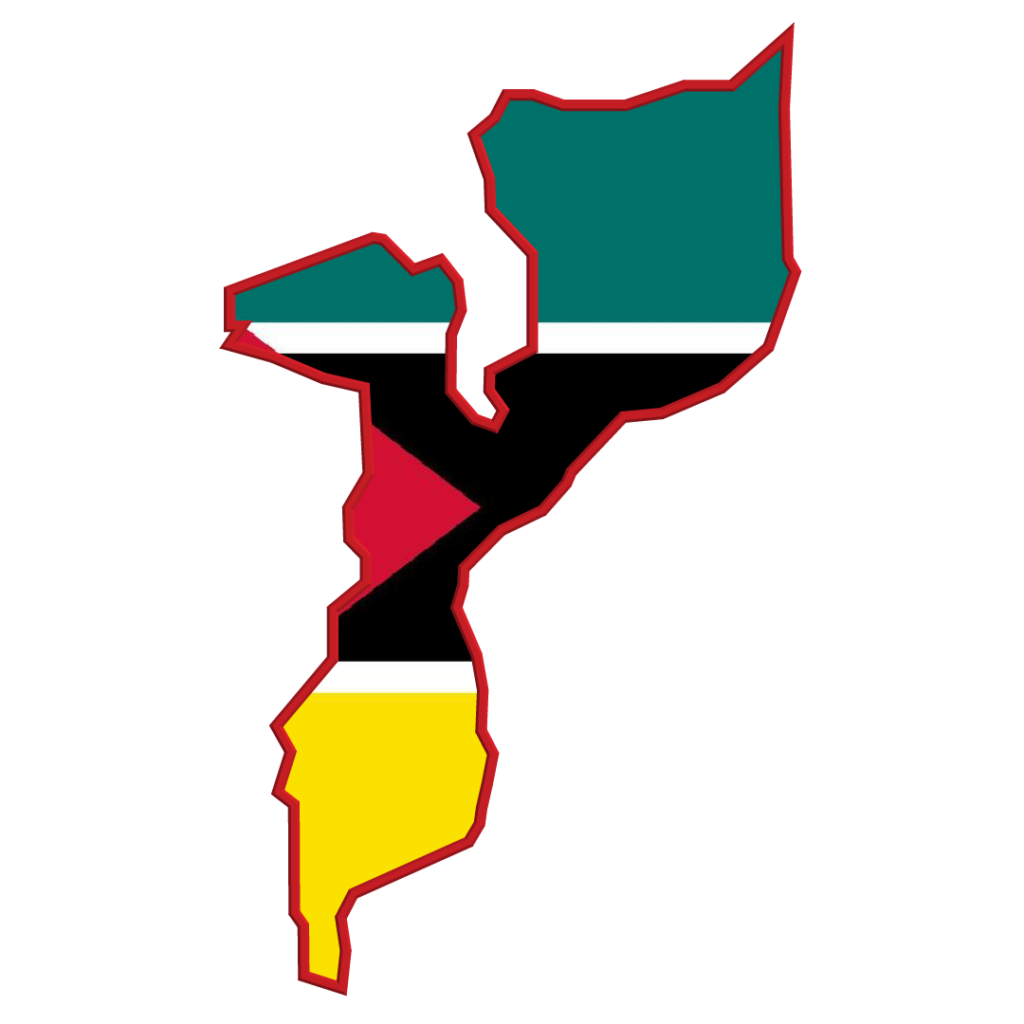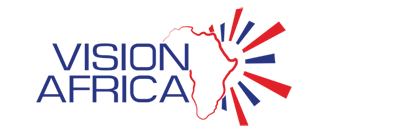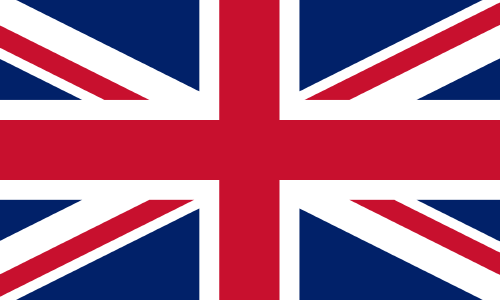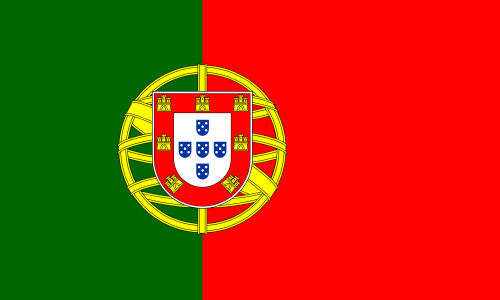
Mozambique
|
Capital City
|
Maputo
|
|---|---|
|
Official Language
|
Portuguese
|
|
Largest Ethnic Group
|
99% African
|
|
Religion
|
55.8% Christianity
|
|
Government
|
Unitary dominant-party semi-presidential republic under an authoritarian government
|
|
Independence
|
25 June 1975
|
|
Establish Constitution
|
21 December 2004
|
|
Area
|
801,590 km2
|
|
Population
|
34,173,805 (2023 estimate)
|
|
Currency
|
Metical (MZN)
|
|
Time Zone
|
UTC+2 (Central Africa Time)
|
Mozambique is located in southeastern Africa and bordered by the Indian Ocean to the east, Tanzania to the north, Malawi and Zambia to the northwest, Zimbabwe to the west, and Eswatini and South Africa to the southwest. Mozambique gained independence in 1975, becoming the People’s Republic of Mozambique. It faced a protracted civil war from 1977 to 1992 but has since remained a relatively stable presidential republic. The Island of Mozambique (a UNESCO World Heritage Site) is known for its 16th-century architecture. It houses the Chapel of Nossa Senhora de Baluarte, believed to be the oldest European building in the southern hemisphere.
As of June 6, 2024, Mozambique’s population stood at approximately 34.86 million people. Over the next 80 years, it is projected to almost quadruple, reaching 122.8 million by the end of the century. A significant population cluster exists along the southern coast, stretching from Maputo to Inhambane. This area includes the capital city, Maputo, and offers a blend of African, Portuguese, and Arab influences. The northwest and southwest regions of Mozambique have lower population densities and are considered the least populated areas. About 40.2% of the population resides in urban areas.
Mozambique is rich in natural resources and boasts a diverse biological and cultural landscape. The country’s economy is primarily driven by agriculture, industrial production, and mining. Its extensive coastline offers some of Africa’s best natural harbours. Despite recent growth, Mozambique remains one of the world’s least developed countries. More than half of its population lives below the poverty line. In 2011, gas fields were discovered off Mozambique’s coast, offering hope for economic transformation.
Maputo is the capital of Mozambique. It’s situated near the southern end of the country, within 120 kilometres of the borders with Eswatini and South Africa. The city has a population of 1,088,449 (as of 2017) distributed over a land area of 347.69 km². The Maputo metropolitan area includes the neighbouring city of Matola, with a total population of 2,717,437. Maputo is a port city, with an economy centred on commerce. It’s also known for its vibrant cultural scene and distinctive, eclectic architecture. The city is cosmopolitan, with Bantu, Portuguese, and, to a lesser extent, Arabic, Indian, and Chinese languages and cultures present.
Vision Africa supported clients with surveys in Mozambique since 2013 and has successfully completed several quantitative and qualitative market research surveys for clients in various industries. With a dedicated interviewer team located within several provinces of the country, Vision Africa can quickly mobilise for surveys throughout the country. All field teams work directly for Vision Africa and have been trained by Vision Africa.
Vison Africa offers its full range of services to clients in the country which include:
Corporate Reputation Studies | Customer Satisfaction Surveys | Employee Engagement Survey | Employee Satisfaction Surveys | Employee Opinion Surveys | Product and Packaging Testing | New Product Testing| Advertising Campaign Testing| Retail Audits | Brand Health Trackers | Social Studies| Media Studies | Market Census | Usage and Attitude Surveys
Miguel Deolfino
+258 84 069 3813

Mozambique
|
Capital City
|
Maputo
|
|---|---|
|
Official Language
|
Portuguese
|
|
Largest Ethnic Group
|
99% African
|
|
Religion
|
55.8% Christianity
|
|
Government
|
Unitary dominant-party semi-presidential republic under an authoritarian government
|
|
Independence
|
25 June 1975
|
|
Establish Constitution
|
21 December 2004
|
|
Area
|
801,590 km2
|
|
Population
|
34,173,805 (2023 estimate)
|
|
Currency
|
Metical (MZN)
|
|
Time Zone
|
UTC+2 (Central Africa Time)
|
Mozambique is located in southeastern Africa and bordered by the Indian Ocean to the east, Tanzania to the north, Malawi and Zambia to the northwest, Zimbabwe to the west, and Eswatini and South Africa to the southwest. Mozambique gained independence in 1975, becoming the People’s Republic of Mozambique. It faced a protracted civil war from 1977 to 1992 but has since remained a relatively stable presidential republic. The Island of Mozambique (a UNESCO World Heritage Site) is known for its 16th-century architecture. It houses the Chapel of Nossa Senhora de Baluarte, believed to be the oldest European building in the southern hemisphere.
As of June 6, 2024, Mozambique’s population stood at approximately 34.86 million people. Over the next 80 years, it is projected to almost quadruple, reaching 122.8 million by the end of the century. A significant population cluster exists along the southern coast, stretching from Maputo to Inhambane. This area includes the capital city, Maputo, and offers a blend of African, Portuguese, and Arab influences. The northwest and southwest regions of Mozambique have lower population densities and are considered the least populated areas. About 40.2% of the population resides in urban areas.
Mozambique is rich in natural resources and boasts a diverse biological and cultural landscape. The country’s economy is primarily driven by agriculture, industrial production, and mining. Its extensive coastline offers some of Africa’s best natural harbours. Despite recent growth, Mozambique remains one of the world’s least developed countries. More than half of its population lives below the poverty line. In 2011, gas fields were discovered off Mozambique’s coast, offering hope for economic transformation.
Maputo is the capital of Mozambique. It’s situated near the southern end of the country, within 120 kilometres of the borders with Eswatini and South Africa. The city has a population of 1,088,449 (as of 2017) distributed over a land area of 347.69 km². The Maputo metropolitan area includes the neighbouring city of Matola, with a total population of 2,717,437. Maputo is a port city, with an economy centred on commerce. It’s also known for its vibrant cultural scene and distinctive, eclectic architecture. The city is cosmopolitan, with Bantu, Portuguese, and, to a lesser extent, Arabic, Indian, and Chinese languages and cultures present.
Vision Africa supported clients with surveys in Mozambique since 2013 and has successfully completed several quantitative and qualitative market research surveys for clients in various industries. With a dedicated interviewer team located within several provinces of the country, Vision Africa can quickly mobilise for surveys throughout the country. All field teams work directly for Vision Africa and have been trained by Vision Africa.
Vison Africa offers its full range of services to clients in the country which include:
Corporate Reputation Studies | Customer Satisfaction Surveys | Employee Engagement Survey | Employee Satisfaction Surveys | Employee Opinion Surveys | Product and Packaging Testing | New Product Testing| Advertising Campaign Testing| Retail Audits | Brand Health Trackers | Social Studies| Media Studies | Market Census | Usage and Attitude Surveys
Miguel Deolfino
+258 84 069 3813

Mozambique
|
Capital City
|
Maputo
|
|---|---|
|
Official Language
|
Portuguese
|
|
Largest Ethnic Group
|
99% African
|
|
Religion
|
55.8% Christianity
|
|
Government
|
Unitary dominant-party semi-presidential republic under an authoritarian government
|
|
Independence
|
25 June 1975
|
|
Establish Constitution
|
21 December 2004
|
|
Area
|
801,590 km2
|
|
Population
|
34,173,805 (2023 estimate)
|
|
Currency
|
Metical (MZN)
|
|
Time Zone
|
UTC+2 (Central Africa Time)
|
Mozambique is located in southeastern Africa and bordered by the Indian Ocean to the east, Tanzania to the north, Malawi and Zambia to the northwest, Zimbabwe to the west, and Eswatini and South Africa to the southwest. Mozambique gained independence in 1975, becoming the People’s Republic of Mozambique. It faced a protracted civil war from 1977 to 1992 but has since remained a relatively stable presidential republic. The Island of Mozambique (a UNESCO World Heritage Site) is known for its 16th-century architecture. It houses the Chapel of Nossa Senhora de Baluarte, believed to be the oldest European building in the southern hemisphere.
As of June 6, 2024, Mozambique’s population stood at approximately 34.86 million people. Over the next 80 years, it is projected to almost quadruple, reaching 122.8 million by the end of the century. A significant population cluster exists along the southern coast, stretching from Maputo to Inhambane. This area includes the capital city, Maputo, and offers a blend of African, Portuguese, and Arab influences. The northwest and southwest regions of Mozambique have lower population densities and are considered the least populated areas. About 40.2% of the population resides in urban areas.
Mozambique is rich in natural resources and boasts a diverse biological and cultural landscape. The country’s economy is primarily driven by agriculture, industrial production, and mining. Its extensive coastline offers some of Africa’s best natural harbours. Despite recent growth, Mozambique remains one of the world’s least developed countries. More than half of its population lives below the poverty line. In 2011, gas fields were discovered off Mozambique’s coast, offering hope for economic transformation.
Maputo is the capital of Mozambique. It’s situated near the southern end of the country, within 120 kilometres of the borders with Eswatini and South Africa. The city has a population of 1,088,449 (as of 2017) distributed over a land area of 347.69 km². The Maputo metropolitan area includes the neighbouring city of Matola, with a total population of 2,717,437. Maputo is a port city, with an economy centred on commerce. It’s also known for its vibrant cultural scene and distinctive, eclectic architecture. The city is cosmopolitan, with Bantu, Portuguese, and, to a lesser extent, Arabic, Indian, and Chinese languages and cultures present.
Vision Africa supported clients with surveys in Mozambique since 2013 and has successfully completed several quantitative and qualitative market research surveys for clients in various industries. With a dedicated interviewer team located within several provinces of the country, Vision Africa can quickly mobilise for surveys throughout the country. All field teams work directly for Vision Africa and have been trained by Vision Africa.
Vison Africa offers its full range of services to clients in the country which include:
Corporate Reputation Studies | Customer Satisfaction Surveys | Employee Engagement Survey | Employee Satisfaction Surveys | Employee Opinion Surveys | Product and Packaging Testing | New Product Testing| Advertising Campaign Testing| Retail Audits | Brand Health Trackers | Social Studies| Media Studies | Market Census | Usage and Attitude Surveys
Miguel Deolfino
+258 84 069 3813




